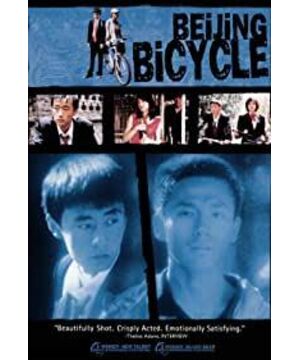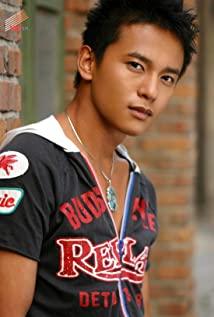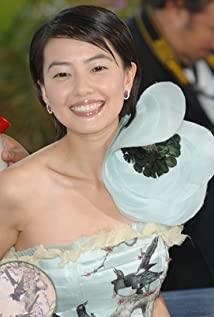The first time I couldn't help crying was when Xiaojian and his classmates fought for a bicycle with Guo Liangui. They were violent. Lian Gui threw himself on the car, wouldn't let go, and screamed in pain. . .
I feel like my heart is broken. Even thinking about it now brings tears to my eyes.
The so-called urban adolescence experienced by Xiaojian is nothing compared to the ordeal experienced by Lian Gui, who is struggling silently between survival and hope.
Lian Gui is just a simple child who earnestly tries to find what belongs to him. In his eyes, bicycles are everything to him and everything that supports his life. But how difficult life is, always insisting and compromising but constantly suffering. At the end of the play, with the scars all over his body that he should not have, he carried the very dilapidated car that belonged to him but was trampled on, and walked through the busy city. . .
After watching this film, I recalled my past, and how anemic and pale the pain and sorrow of my adolescence were, almost as pale as Xiaojian.
At this time, I remembered the scene in the play where he secretly took the car back and stepped on the bicycle excitedly; I remembered the way he peeked at Zhou Xun but quickly lowered his head; I remembered the scene where he was waving his hands to tease the child while waiting for the car; The appearance of the bicycle lying on the door of the company and sleeping, each one is so sad.
Pay special attention to that actor, his name is Cui Lin.
At the beginning of the play, I thought his face was too handsome and a little urban, not suitable for such a hard-working role. But in the end, I felt that his performance was inseparable and completely inseparable.
View more about Beijing Bicycle reviews









